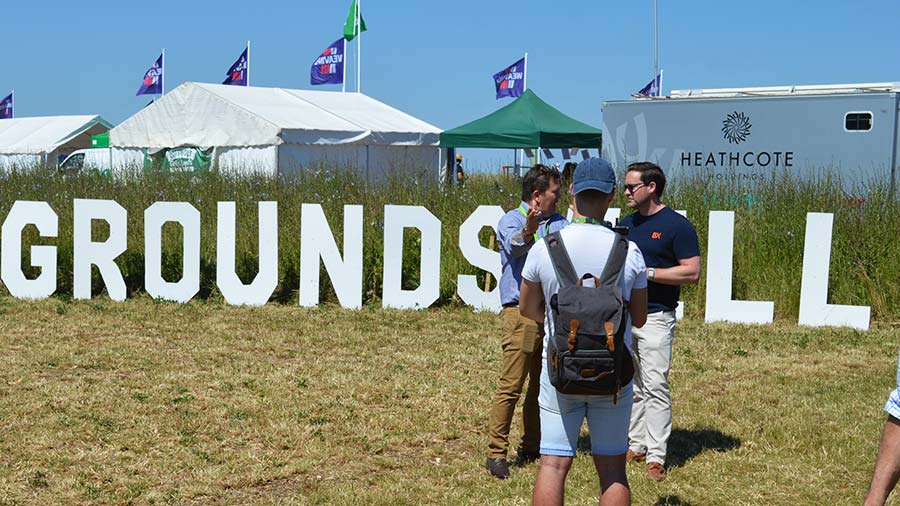Opinion: Keep an open mind when it comes to labelling farmers
 © MAG/David Jones
© MAG/David Jones We get a bit hung up on labelling ourselves and others these days, don’t we?
Conventional farmer, organic farmer, sustainable farmer, production farmer, nature-friendly farmer, ecological farmer, traditional farmer, regenerative farmer; it all gets a bit confusing.
And after giving it some thought, I’m not sure which of them I am, if any.
On reflection, I think I’d call myself a “trying hard to make a living, raise a family and not make a total balls-up of everything” farmer.
Granted, it’s not catchy, but it is accurate, and I suspect many of us fall into this category.
Perhaps we could all form a discussion group to share our “what not to do” knowledge and experience.
See also: If SFI flops, what happens next?
But people do spend hours furiously arguing over these definitions on social media and online forums, and especially about what a regenerative farmer is.
I wonder if that’s because those of us who wouldn’t necessarily see ourselves as one can feel insulted by the title; that it suggests that we’re somehow “degenerative farmers”, having a negative effect on our land and the wider environment.
That’s a bitter pill to swallow for people who are very proud of what they do.
But having spent the past few days at the Groundswell event in Hertfordshire, I don’t think that’s the case at all.
I last attended in 2018, when it was still relatively niche, but it has grown beyond all recognition to become a major event in the agricultural calendar.
And there was every different type of farmer in attendance, from seasoned regen veterans, right through to those who have a healthy degree of scepticism about it all, but perhaps recognise they have a problem and aren’t sure how to start changing things.
The one thing that everyone there had in common, however, was a willingness to learn.
And though I left with a spring in my step and buzzing with ideas and enthusiasm, I’m still none the wiser about what type of farmer I am.
We switched to direct drilling last year (disappointingly, no one has shown me the secret handshake yet), we’ve successfully undersown maize with grass for the past three years, and we have planted hundreds of trees and well over a kilometre of new hedges during the past two winters.
We have livestock (and, therefore, farmyard manure), a good rotation, and I’m currently reading Nicole Masters’ excellent book For the love of soil for the second time.
I also find myself digging holes and getting more excited about worms than I ever thought possible. Blimey, maybe I am part of the gang after all – better get myself a straw hat and a pair of sandals…
But I’ll give the final word on the definition to the founders and hosts of Groundswell, the Cherry family, with a quote from their website:
“Regenerative agriculture is quite simple: it is any form of farming – the production of food or fibre – which at the same time improves the environment. This primarily means regenerating the soil. It’s a direction of travel, not an absolute.”
Seems sensible, no? So perhaps we should all just try to be “open-minded farmers”. That doesn’t seem a bad label to me.

